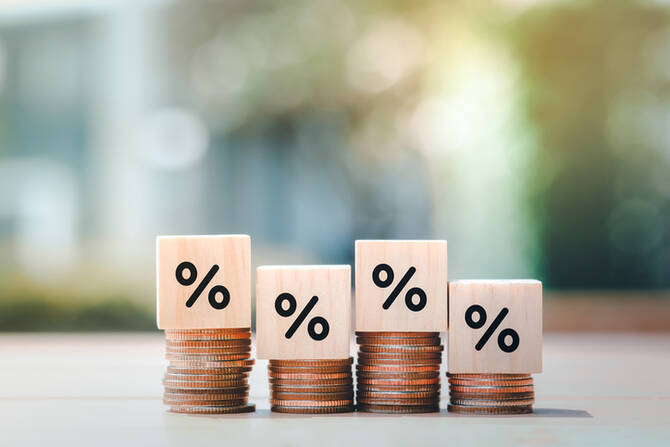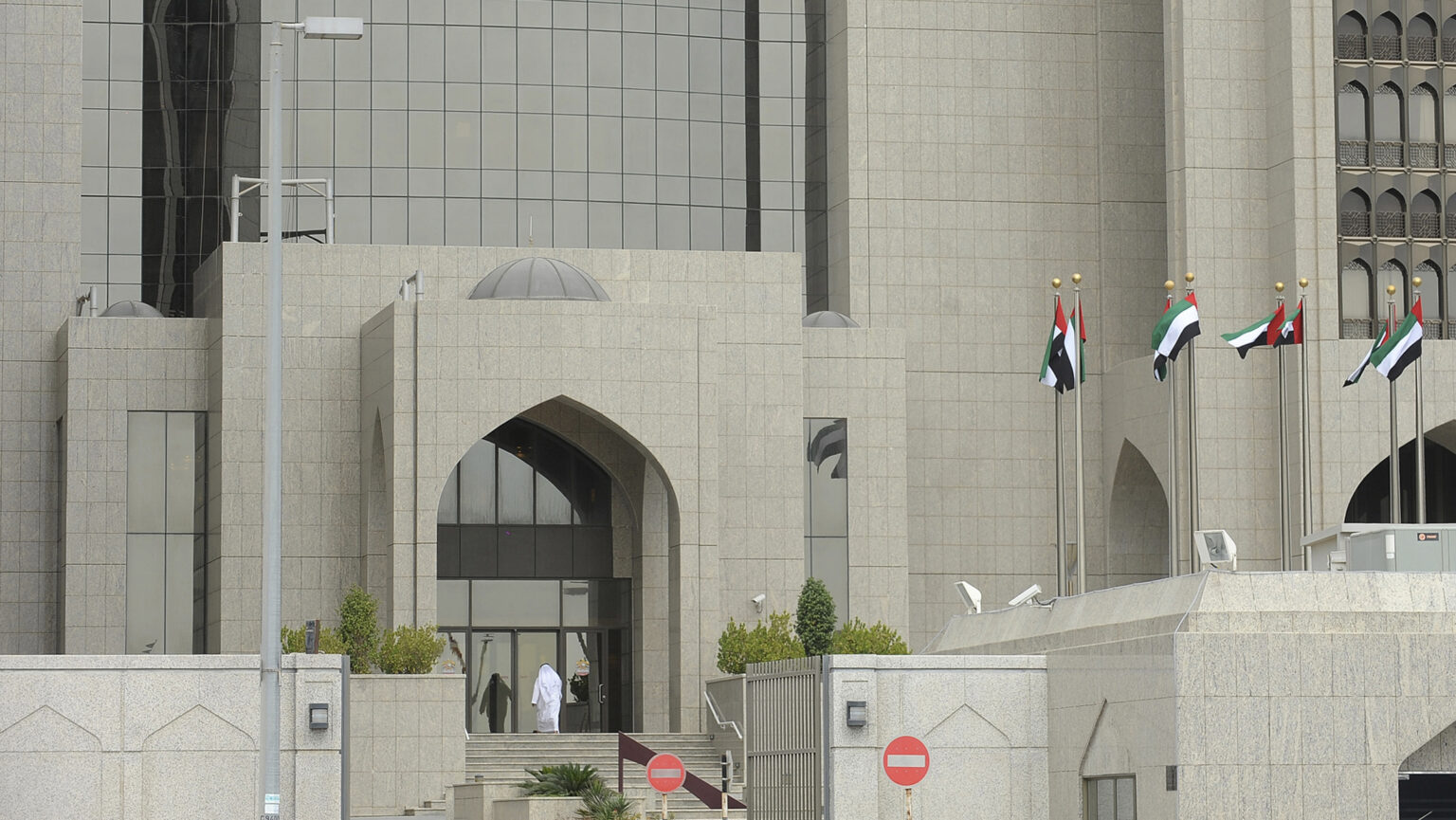In a decision that reflects both caution and confidence, the Central Bank of the United Arab Emirates (CBUAE) has announced that it will maintain its current interest rates. This move comes at a time when central banks around the world are closely watching inflation trends and economic growth challenges.
This latest update means the base rate for the Overnight Deposit Facility (ODF) remains unchanged. The Central Bank made this decision after the United States Federal Reserve chose to keep its rates steady as well. Because the UAE dirham is pegged to the US dollar, many of the country’s monetary decisions closely follow what happens in the United States.
Why Interest Rates Matter
Interest rates are important for everyone—from banks and businesses to families and individuals. When the central bank raises or lowers interest rates, it affects how much it costs to borrow money. It also impacts savings, investments, and overall spending in the economy.
By keeping the rates the same, the UAE Central Bank is sending a message that the economy is stable for now, even if the world around it is facing uncertainty.
What the Central Bank Said

In its official announcement, the UAE Central Bank stated that the decision to hold interest rates was based on “recent economic data” and the outlook for inflation globally and within the country. The bank added that it remains committed to supporting monetary and financial stability in the UAE.
At the same time, the CBUAE said it is carefully watching economic indicators like inflation, employment rates, and global oil prices. These factors could influence future decisions on whether to increase or decrease interest rates in the coming months.
A Careful Balancing Act
The global economy is currently in a complicated phase. In many countries, inflation has been a major concern for over two years. While inflation is slowly cooling in the United States and parts of Europe, it still remains above the target levels set by central banks.
The UAE, on the other hand, has managed inflation relatively well. Thanks to smart energy pricing, government subsidies, and strong food import strategies, the country has not faced the kind of sharp price increases seen elsewhere.
Still, the CBUAE knows that making sudden changes to interest rates could cause instability. For example, if rates are raised too high, it could discourage businesses from borrowing and investing. But if rates are too low, it might lead to too much spending and push inflation higher.
So, the central bank is choosing to wait and watch—for now.
What It Means for Borrowers and Savers
For most people in the UAE, the central bank’s decision means that loans, mortgages, and credit card interest rates will not change much in the immediate future.
If you have a variable-rate loan, your monthly payments will likely stay the same. For savers, it means that returns on savings accounts and fixed deposits will remain stable too.
In short, it’s good news for anyone looking for financial predictability right now.
UAE’s Economic Growth Remains Strong
Despite global challenges, the UAE economy is doing well. According to recent reports, the country is expected to see solid growth this year, thanks to strong oil exports, a booming tourism sector, and ongoing investments in infrastructure and innovation.
Dubai and Abu Dhabi have both seen a rise in real estate activity, while the retail and hospitality sectors are continuing to recover strongly after the pandemic. The country’s ambitious projects—like developing artificial intelligence, green energy, and smart cities—are also helping drive investor confidence.
The Central Bank’s stable interest rate policy supports this positive trend by creating a safe and predictable environment for businesses and consumers.
Looking Ahead: What Could Change?
Although the current decision is to keep interest rates steady, things could change quickly if global conditions shift. For example, if inflation rises again in the US or Europe, the Federal Reserve might be forced to raise its rates—and the UAE could follow.
On the other hand, if the global economy slows down more than expected, the central bank might consider lowering rates to stimulate spending and growth.

The CBUAE has made it clear that it will continue to closely monitor global and local economic data before making any big moves.
Analysts Weigh In
Economists and financial analysts in the UAE believe the central bank made the right decision. Many say that keeping interest rates unchanged gives the country flexibility in the coming months.
“This is a smart and cautious move,” said one Dubai-based financial expert. “The global picture is still uncertain, and the UAE has been managing its economy very well. There’s no need to rush into rate hikes or cuts.”
Others agree that the central bank’s calm and clear approach builds confidence in the market. Investors, businesses, and individuals are more likely to make long-term plans when they trust that the monetary policy is stable.
A Regional Perspective
Across the Gulf region, other central banks have also aligned with the US Fed’s decision. Saudi Arabia, Qatar, Bahrain, and Kuwait all opted to hold their interest rates as well. This shows a regional trend of caution as economies continue to adjust post-pandemic and amid ongoing geopolitical tensions.
The Gulf economies are closely connected, and such synchronized moves help maintain economic balance across the region.
Final Thoughts
In summary, the UAE Central Bank’s decision to keep interest rates unchanged reflects a steady, confident approach in the face of global economic uncertainty. The move supports ongoing economic growth, encourages investment, and offers financial stability to residents and businesses alike.
While the future may bring changes depending on inflation and international markets, for now, the central bank is choosing stability over sudden shifts—a decision that many see as wise and timely.
Also read: GCC Wealth Funds Are Going Green: A New Investment Era Begins



